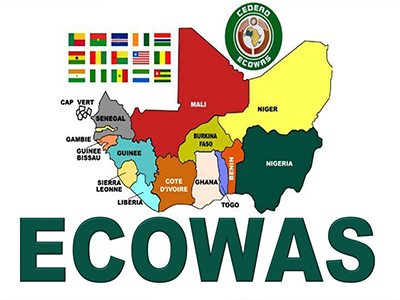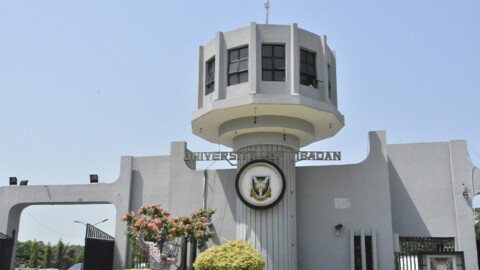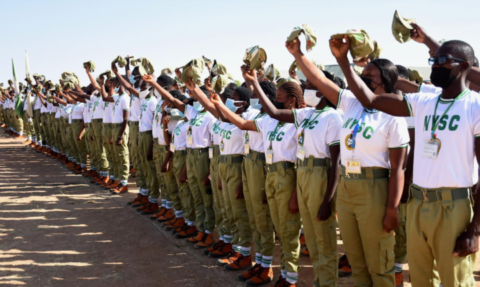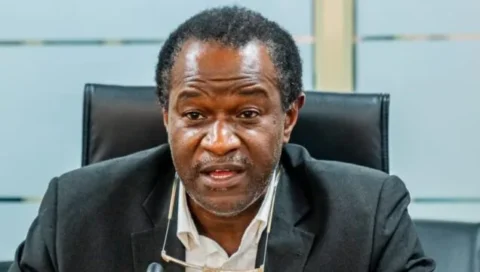The Chairman of the ECOWAS Parliament Committee on Health and Member of Parliament from Cabo Verde, Dr. Orlando Pereira Dia, has called on West African governments to dedicate at least 30% of their national budgets to education, emphasizing that such investment is vital for reducing reliance on developed countries and driving economic transformation within the region.
Dr. Dia made the appeal on Thursday while addressing journalists during the ongoing meeting of the Joint Committee on Education, Science and Culture, and Communication in Dakar, Senegal. He highlighted the strategic role of both national and regional parliaments in promoting innovation and technology through the education sector.
According to him, integrating innovation, information technology, and artificial intelligence into educational systems is essential to achieving sustainable development across the ECOWAS region.
“The role of Parliament is to champion the inclusion of technology in education,” he stated. “It is imperative that we advocate for the introduction of information technology and innovation from the primary school level through to tertiary institutions.”
Dr. Dia stressed that prioritizing educational technology (EdTech) would enable West African countries to process raw materials locally, increase production, and stimulate job creation and wealth generation.
He added, “By significantly investing in education, technology, and innovation, we can industrialize the sub-region, add value to our resources, and reduce dependence on external economies. Rather than exporting raw materials, we should develop the capacity to refine and process them into finished products for export.”
Citing examples, Dr. Dia noted that countries in the region must shift from exporting crude oil and cocoa in raw form to producing refined petroleum products and manufacturing chocolate domestically.
He warned that the longstanding practice of exporting natural resources and importing finished goods undermines regional growth.
“Developed nations have for too long extracted our resources, processed them abroad, and sold them back to us. That model must change,” he said.
Also speaking at the session, former ECOWAS Parliamentarian Mr. Ibrahim Diouf called for the harmonization of education policies across member states, particularly in the integration of EdTech.
Diouf urged the ECOWAS Parliament to standardize teacher training, align curricula, support research and innovation, and encourage collaboration among key stakeholders. He also called for the implementation of a regional corporate social responsibility framework and stronger monitoring and evaluation systems.
While acknowledging the increasing use of ICT in schools, Diouf cautioned that its effectiveness remains uncertain due to poor planning, inadequate infrastructure, and limited access to reliable internet.
“The real impact of ICT on teaching and learning remains difficult to measure because of systemic challenges,” he said. “We need to build robust strategies and infrastructure to fully harness its potential.”
He concluded by advising educators to apply digital tools strictly for educational purposes, warning against their misuse.
“Technology is merely a tool—it is how we integrate it into the classroom that matters. We must rethink the way ICT is applied in education and ensure that the necessary human and material resources are in place for its sustainable use,” Diouf added.





